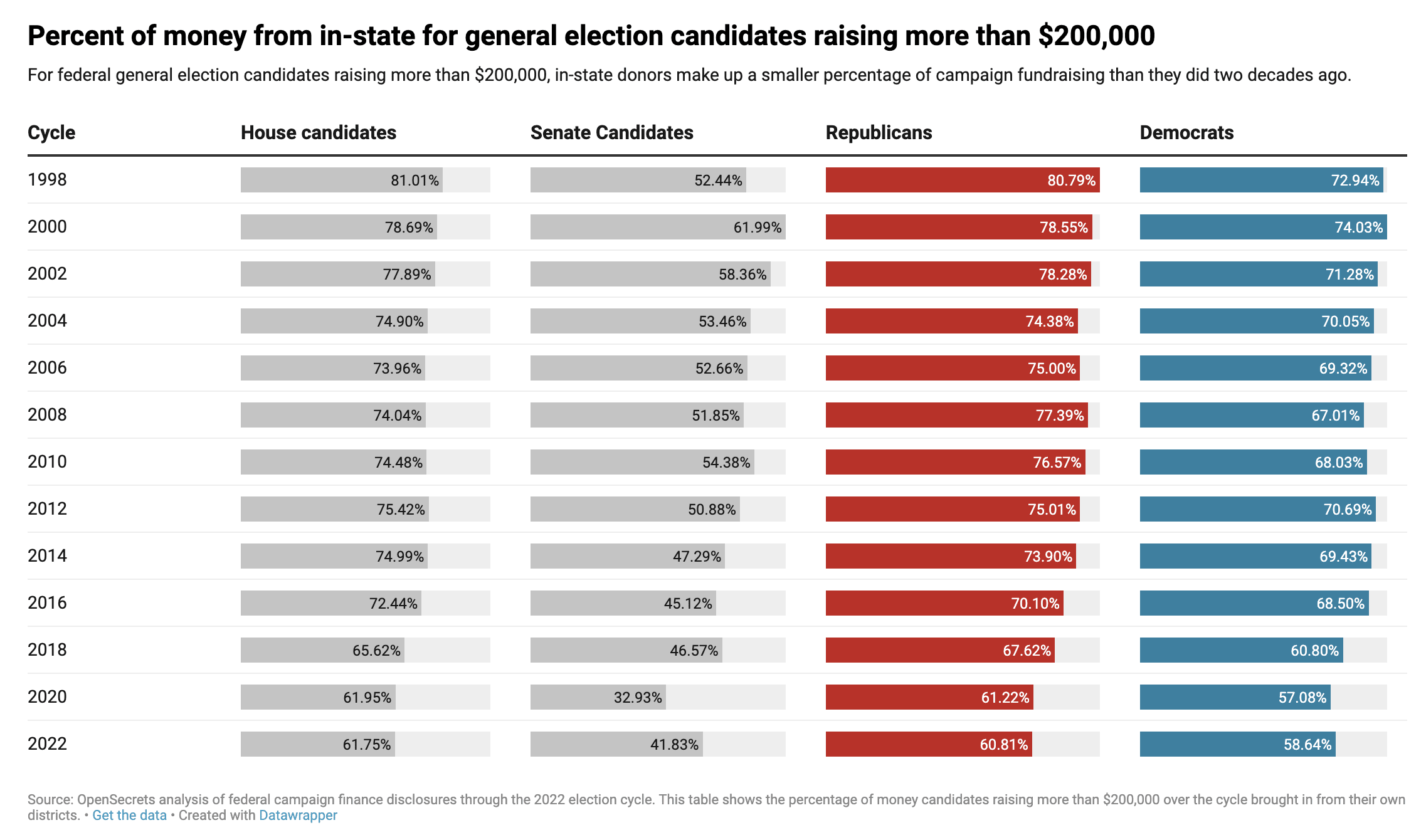Luck based medicine: my resentful story of becoming a medical miracle
You know those health books with “miracle cure” in the subtitle? The ones that always start with a preface about a particular patient who was completely hopeless until they tried the supplement/meditation technique/healing crystal that the book is based on? These people always start broken and miserable, unable to work or enjoy life, perhaps even suicidal from the sheer hopelessness of getting their body to stop betraying them. They’ve spent decades trying everything and nothing has worked until their friend makes them see the book’s author, who prescribes the same thing they always prescribe, and the patient immediately stands up and starts dancing because their problem is entirely fixed (more conservative books will say it took two sessions). You know how those are completely unbelievable, because anything that worked that well would go mainstream, so basically the book is starting you off with a shit test to make sure you don’t challenge its bullshit later? Well 5 months ago I became one of those miraculous stories, except worse, because my doctor didn’t even do it on purpose. This finalized some already fermenting changes in how I view medical interventions and research. Namely: sometimes knowledge doesn’t work and then you have to optimize for luck. I assure you I’m at least as unhappy about this as you are. Preface to the Preface I’ve had nonspecific digestive issues since before I have memories. In pre-school my family joked that I would die as a caveman because there were so few things I would eat, and they were mostly grains. This caused a bunch of subclinical malnutrition issues that took a lot of time to manage and never got completely better. And while I couldn’t articulate this until it went away, food felt gross all the time It’s hard to convey just how bad this was for me, because it feels like it undermines everything I did to work around it. I’ve always been functional but decidedly less healthy than my friends. I got sick more often and it hi


Depends. Are you strictly following standard of care, or personalizing for yourself?